Introduction
Finding techniques to reduce blood sugar is critical to diabetes management. Several Vitamin Supplements are available that, when combined, can result in an effective diabetes care strategy for you.
And while you may search the internet for blood sugar Vitamin supplements or any number of ideas, methods, and things others swear by, it’s not necessarily a one-size-fits-all approach. Everyone is unique, and there is no tried-and-true method for lowering blood sugar at any particular moment.
5 Blood Sugar Lowering Vitamin Supplements
Many patients with diabetes rely on Vitamin Supplements to help them control their blood sugar levels. Today, we’ll look at six substances shown to assist people with diabetes in decreasing their blood glucose levels—some of which may surprise you.
Probiotics
Many individuals take probiotics to maintain their health. Probiotic supplements, which are made up of good bacteria and microorganisms, can help the body’s processing of carbohydrates.
However, probiotics have been demonstrated to assist people with diabetes control their illness. For example, in one trial, patients with diabetes were given probiotics for two months. Compared to placebo individuals, this led to a 16-mg/dl drop in fasting blood sugar and a.53% decrease in A1c.
Taking probiotics does not pose a significant danger in general. Probiotics benefit your overall health, even if they do not reduce your blood sugar levels.
Cinnamon
Cinnamon supplements are perhaps not something you’d expect to find on this list. However, several studies demonstrate how beneficial cinnamon may be for controlling blood sugar levels.
In one study, persons with type 2 diabetes who took 360 mg of cinnamon extract before breakfast observed a 14% drop in fasting blood sugar compared to participants who took a placebo.
This three-month trial also found that individuals who took 360 mg of cinnamon extract had a.92% drop in hemoglobin A1C. Each participant took the same diabetic medication for three months to keep the study under control.
Aloe Vera supplements for blood sugar control
Aloe vera is renowned for treating sunburns, but it is also known for helping persons with diabetes control their blood sugar levels.
An analysis of nine research including persons with type 2 diabetes, found that taking aloe for 4-14 weeks reduced fasting blood sugar by around 47 mg/dl and A1c by about 1.05%.
Aloe is know to interact with certain drugs, so consult your doctor to see if aloe vera is good for you. Furthermore, if you take digoxin (heart treatment), you should avoid aloe vera.
Berberine
Berberine capsules in close-up Used to maintain insulin levels naturally; blood sugar lowering supplements. One of the most intriguing supplements on this list is berberine. Berberine is not a herb but a chemical extracted from the roots and stems of plants such as Phellodendron.
Berberine may aid with fasting blood sugar levels, according to an analysis of twenty-seven separate trials, including type 2 patients. Participants’ blood sugar levels fell by 15.5 mg/dl, and their A1c fell by a little over.70% compared to those who received a placebo.
Magnesium is a mineral
A large number of people with diabetes also utilize magnesium to keep their blood sugar levels in check. A meta-analysis of eight trials found that taking magnesium supplements for 6-24 weeks resulted in lower fasting blood sugar levels in persons with type 2 diabetes and prediabetes.
For patients who started the research with low magnesium levels, each 50-mg increase in magnesium consumption resulted in a 3% drop in fasting blood sugar.
Conclusion
As you can see, Vitamin Supplements can help you regulate your blood sugar levels. Just use them with caution and with your doctor’s approval.
Read More: 5 Important Benefits Of Taking Multi Amino Acid Supplements

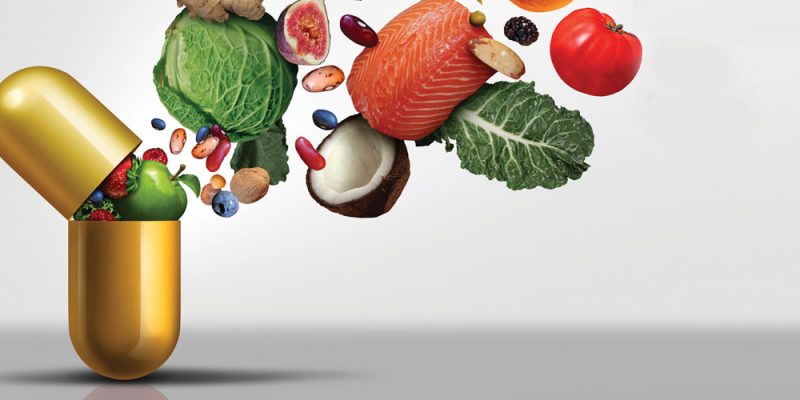
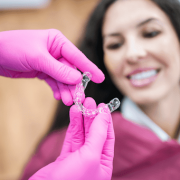


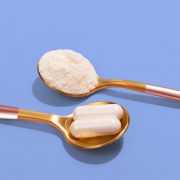



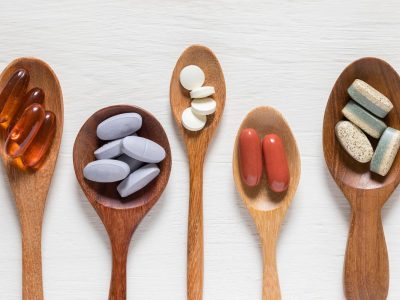




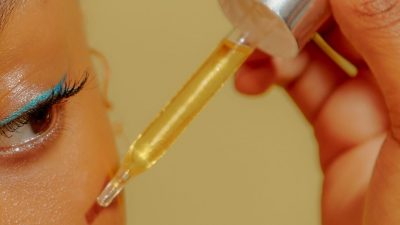



Comments